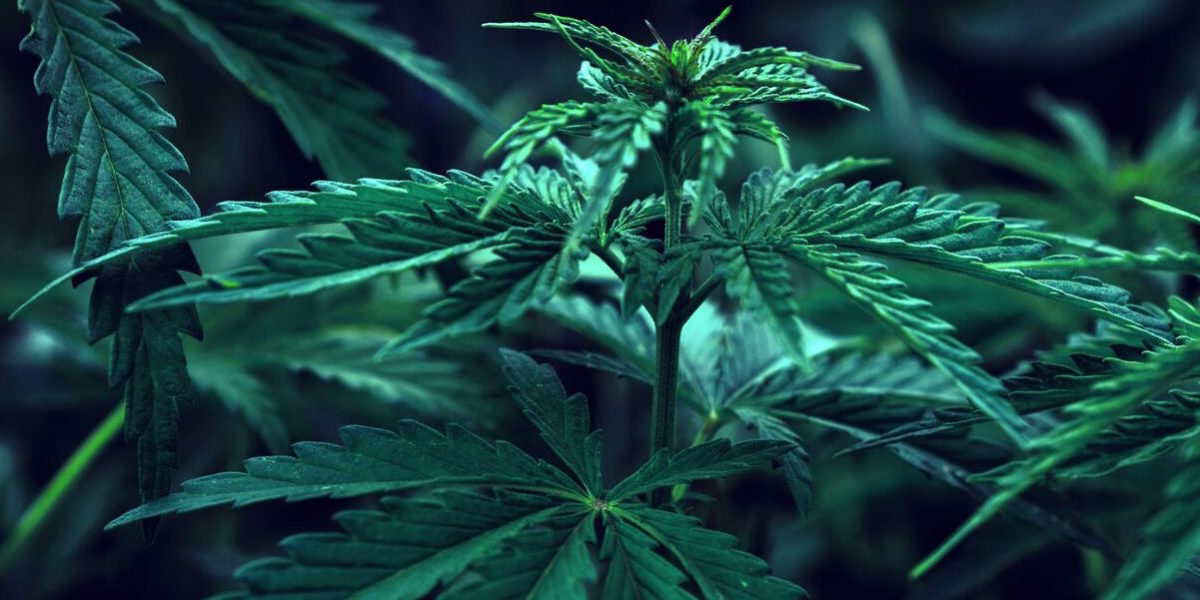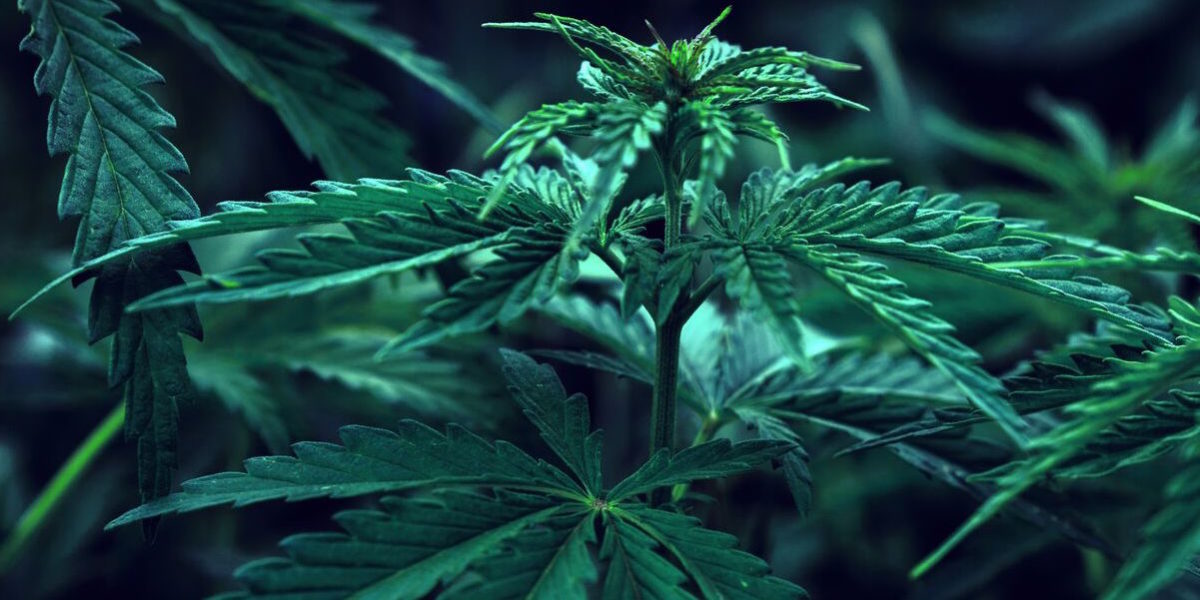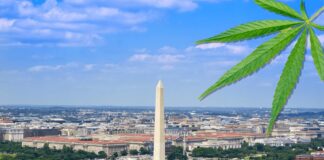
Following Tuesday’s midterm elections, there is much to be excited about for cannabis legalization advocates. Three states voted to legalize cannabis use during the 2018 midterm elections. Utah and Missouri voted to legalize cannabis for medicinal use and Michigan became the 10th state in the Union to legalize the recreational use of cannabis. Though the election was an important step forward, it wasn’t the only major news this week. Only one day after the midterm elections, President Donald Trump requested and accepted the resignation of notorious anti-cannabis propagandist Jeff Sessions from his position of Attorney General.
Historic Midterm Cannabis Legalization
During 2018’s midterm elections, four states were voting on whether or not to legalize cannabis. The three previously mentioned states passed measures legalizing cannabis while North Dakota voters struck down a measure that would have legalized recreational cannabis use with very few, if any restrictions. The North Dakota measure likely failed to pass because it was poorly written and placed no restrictions on growth, possession, or use.
Michigan’s vote to legalize recreational use is being hailed by many around the country as the next major step towards federal legalization. This sentiment is due in large part to the fact that Michigan is the first large Midwestern state to completely legalize cannabis. The state has had an arguably poorly run medical cannabis program since voters passed the Michigan Medical Marihuana Act on November 4th, 2008. Regulatory issues and inability to acquire distribution permits has plagued the program since its establishment, but it has still been largely effective. According to M Live, “there are 218,556 patients with a medical marijuana card as of Sept. 30, 2016, plus 38,057 caretakers with a card so they can obtain marijuana for a designated patient.”
It remains to be seen how each of the states that voted in favor of midterm cannabis legalization will regulate their programs. However, they will likely hear input from many advocates and cannabis users on how best to implement them.
Sessions Is Out
While legalization created headlines in Michigan, Utah, and Missouri, the firing of Attorney General Jeff Sessions made waves nationwide. Sessions has long been a staunch opponent of any form of cannabis legalization. Sessions, who once joked that he thought the Ku Klux Klan were “okay” until he found out “they smoked marijuana” has been vicious in his attacks against the cannabis community. In 2017, he wrote a letter to all Attorneys General asking them to disregard the Obama-era Cole Memo which established protections for medical cannabis states. Recently, when discussing the opioid crisis, Sessions joked that people in pain need to “take an Aspirin and tough it out”.
His disregard for facts and seemingly lax response to the nation’s crippling opioid crisis make his firing a welcome occurrence. While his replacement is yet to be known, it is unlikely that they will take as hardline a stance on cannabis and the opioid crisis as Sessions has throughout his entire political career.
Projecting the future of cannabis in America is difficult, but recent events are leading many to believe that change is coming and it is coming rapidly. Midterm cannabis legalization and the firing of one of the most openly anti-cannabis political figures since Harry Anslinger are both massive positives that will continue to push forward the cannabis legalization movement and hopefully help to bring about the end of federal cannabis prohibition.











